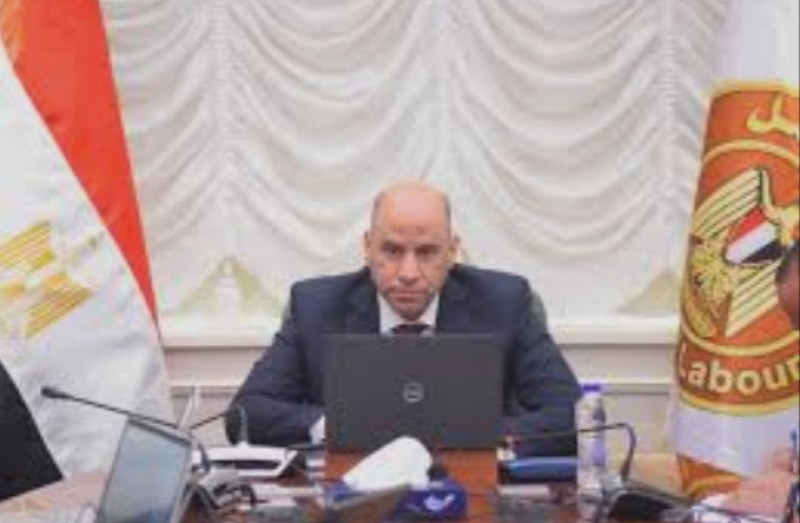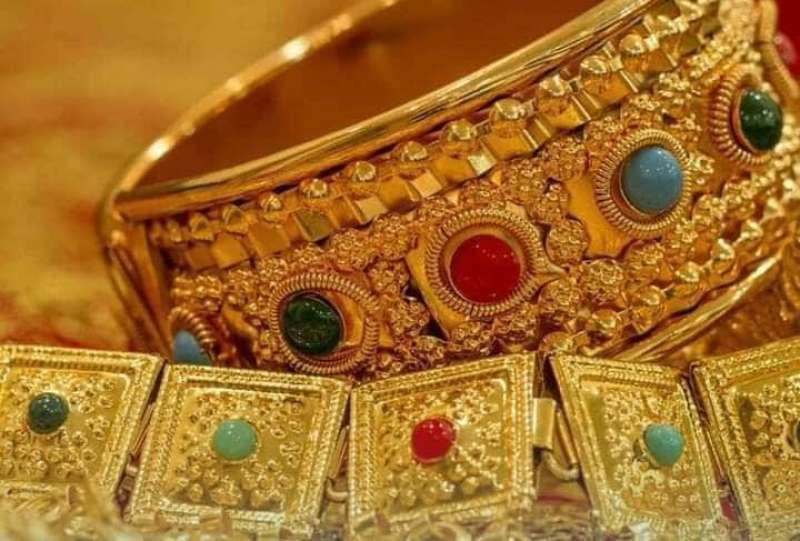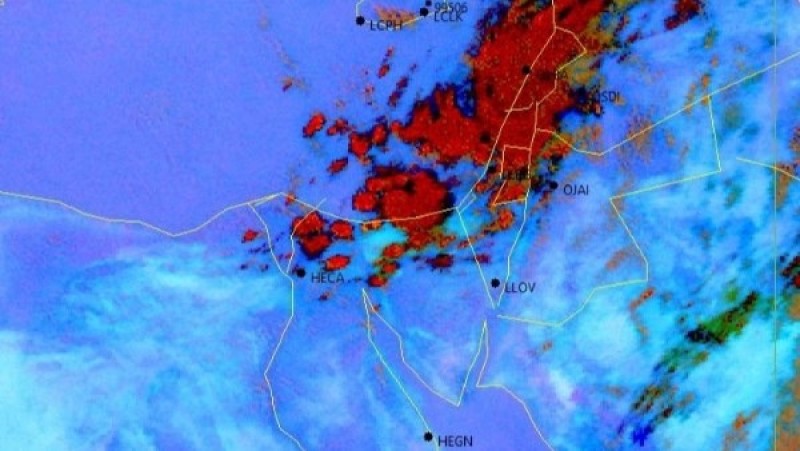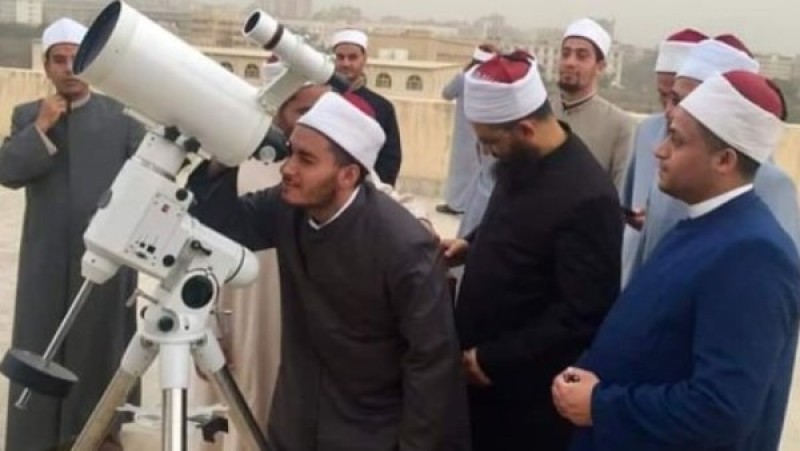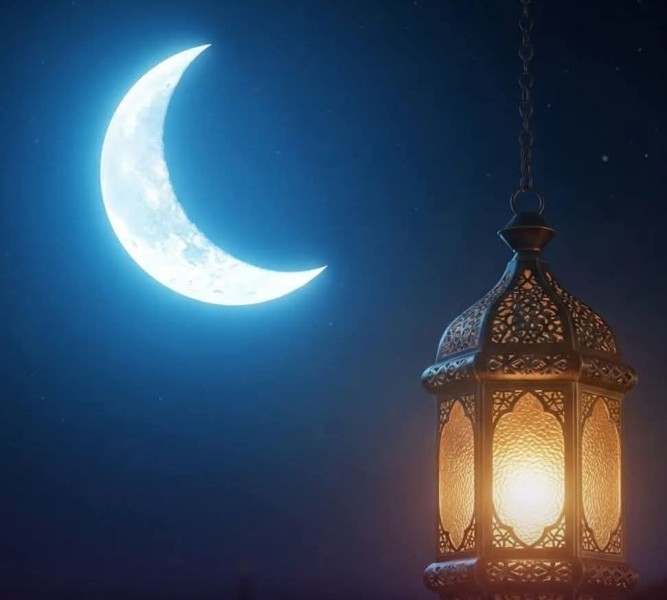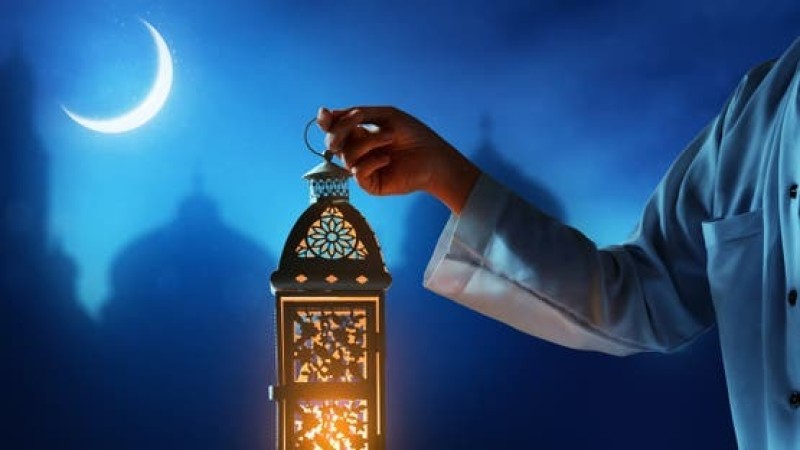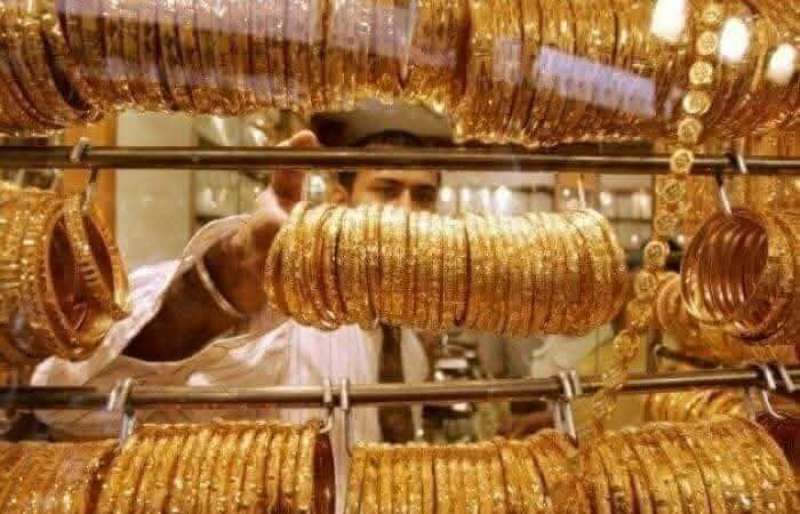Learn about the tale of indecency ... and why the Caliph gave it to his singer

In Egypt, and most countries of the world, streets and squares are named after the kings and sultans, or prominent personalities, such as martyrs, or companions and prophets, but the area that we will talk about through the following lines violated all the rules, and was named after an artistic profession, which is "drummer"
Egypt and the Abbasid Caliph, the Qaim of God in Baghdad, and the conflict ended with the victory of the Fatimid Caliph in the war battle that was between him and the Abbasid Caliph, so the Fatimid caliph singer began singing and cheering, declaring her rejoicing in the defeat of the Abbasid Caliph, Because of the Fatimid caliph’s admiration for these songs, he dedicated it to this fertile area overlooking the Nile.
The area remained with this name until Badr al-Jamali, commander of the armies of the Fatimid caliph al-Mustansir Billah, came to Egypt and built orchards around that area and changed its name to “Basateen al-Juyushi.” After a period of time, it was neglected until Khedive Ismail developed the area on both sides of the railway and it was " Faggala "is part of it, and it was called this name due to the radish farmers who inhabited that area, and it was inhabited by foreigners and shamans due to its proximity to the station of Egypt."
The story of Al-Tabalah Street, or Faggala, goes back to the conflict between the Fatimid Caliph Al-Mustansir Billah in Egypt and the Abbasid Caliph, the Qaim of God in Baghdad, and the conflict ended with the victory of the Fatimid Caliph in the war battle that was between him and the Abbasid Caliph, so the Fatimid caliph singer began singing and rejoicing in her rejoicing at the defeat of the Abbasid Caliph And due to the Fatimid caliph’s admiration for these songs, he dedicated it to this fertile area overlooking the Nile.
As for the most famous landmarks in Faggala, it is the Roman Catholic School, the Jesuit Church and the Chaldean Catholic Church are among the most famous landmarks on the street, as there are many other landmarks
The Greco-Roman Museum .. One of the most important monuments of Alexandria .












